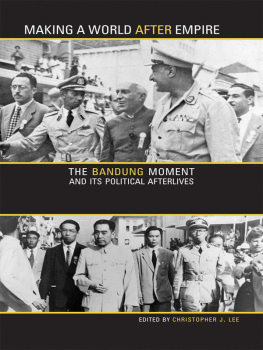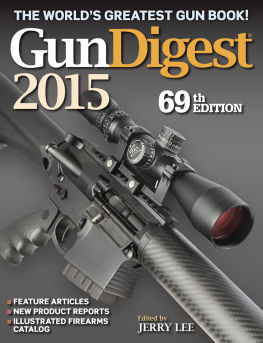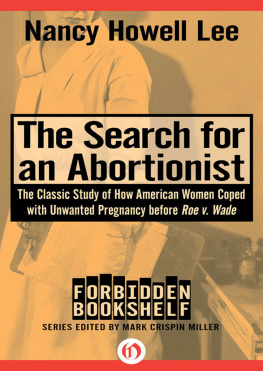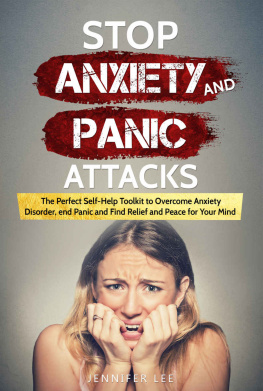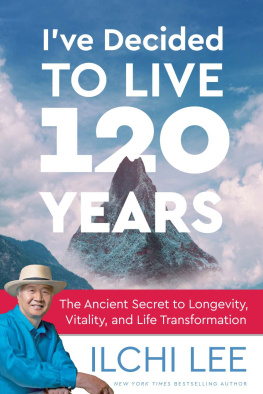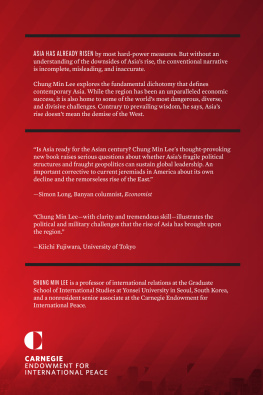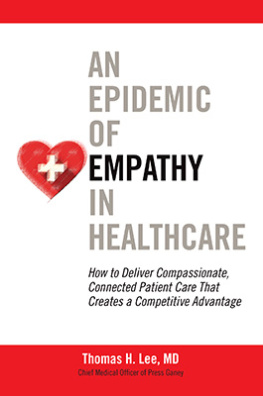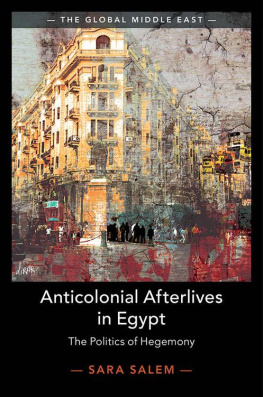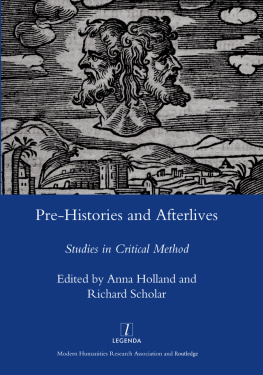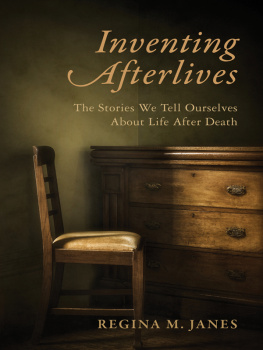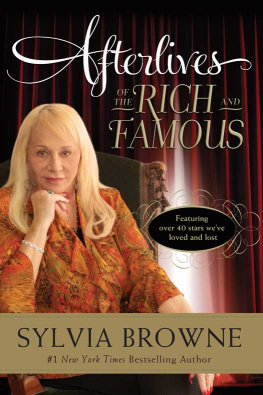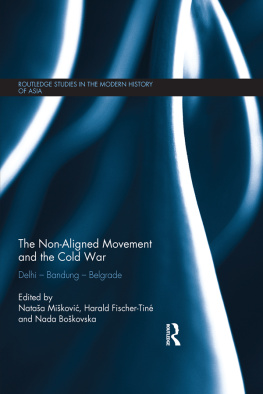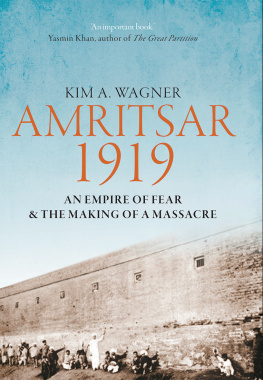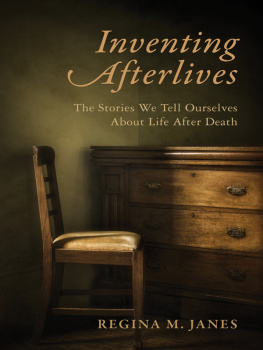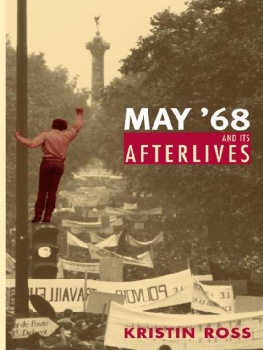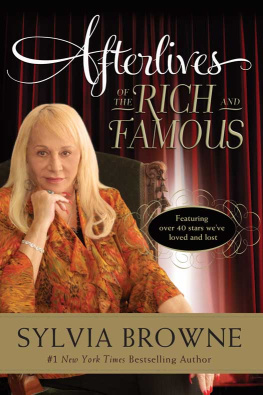Lee - Making a world after empire: the Bandung moment and its political afterlives
Here you can read online Lee - Making a world after empire: the Bandung moment and its political afterlives full text of the book (entire story) in english for free. Download pdf and epub, get meaning, cover and reviews about this ebook. City: Athens;Ohio, year: 2010;2014, publisher: Ohio University Press, genre: Politics. Description of the work, (preface) as well as reviews are available. Best literature library LitArk.com created for fans of good reading and offers a wide selection of genres:
Romance novel
Science fiction
Adventure
Detective
Science
History
Home and family
Prose
Art
Politics
Computer
Non-fiction
Religion
Business
Children
Humor
Choose a favorite category and find really read worthwhile books. Enjoy immersion in the world of imagination, feel the emotions of the characters or learn something new for yourself, make an fascinating discovery.
- Book:Making a world after empire: the Bandung moment and its political afterlives
- Author:
- Publisher:Ohio University Press
- Genre:
- Year:2010;2014
- City:Athens;Ohio
- Rating:5 / 5
- Favourites:Add to favourites
- Your mark:
- 100
- 1
- 2
- 3
- 4
- 5
Making a world after empire: the Bandung moment and its political afterlives: summary, description and annotation
We offer to read an annotation, description, summary or preface (depends on what the author of the book "Making a world after empire: the Bandung moment and its political afterlives" wrote himself). If you haven't found the necessary information about the book — write in the comments, we will try to find it.
Making a world after empire: the Bandung moment and its political afterlives — read online for free the complete book (whole text) full work
Below is the text of the book, divided by pages. System saving the place of the last page read, allows you to conveniently read the book "Making a world after empire: the Bandung moment and its political afterlives" online for free, without having to search again every time where you left off. Put a bookmark, and you can go to the page where you finished reading at any time.
Font size:
Interval:
Bookmark:

This series of publications on Africa, Latin America, Southeast Asia, and Global and Comparative Studies is designed to present significant research, translation, and opinion to area specialists and to a wide community of persons interested in world affairs. The editor seeks manuscripts of quality on any subject and can usually make a decision regarding publication within three months of receipt of the original work. Production methods generally permit a work to appear within one year of acceptance. The editor works closely with authors to produce a high-quality book. The series appears in a paperback format and is distributed worldwide. For more information, contact the executive editor at Ohio University Press, 19 Circle Drive, The Ridges, Athens, Ohio 45701.
Executive editor: Gillian Berchowitz
AREA CONSULTANTS
Africa: Diane M. Ciekawy
Latin America: Brad Jokisch, Patrick Barr-Melej, and Rafael Obregon
Southeast Asia: William H. Frederick
The Ohio University Research in International Studies series is published for the Center for International Studies by Ohio University Press. The views expressed in individual volumes are those of the authors and should not be considered to represent the policies or beliefs of the Center for International Studies, Ohio University Press, or Ohio University.
THE BANDUNG MOMENT AND ITS POLITICAL AFTERLIVES
Christopher J. Lee
Ohio University Research in International Studies
Global and Comparative Studies Series No. 11
Ohio University Press
Athens
2010 by the
Center for International Studies
Ohio University
www.ohioswallow.com
All rights reserved
To obtain permission to quote, reprint, or otherwise reproduce or distribute material from Ohio University Press publications, please contact our rights and permissions department at (740) 593-1154 or (740) 593-4536 (fax).
Front cover images: Jawaharlal Nehru of India and Gamal Abdel Nasser of Egypt (top photo) and Zhou Enlai of China (bottom photo) walking to the conference hall in Bandung, Indonesia, April 1955. Reprinted courtesy of the Museum of the Asian-African Conference.
Some of the chapters published in this book have appeared elsewhere and are reprinted with permission:
Dipesh Chakrabarty, The Legacies of Bandung: Decolonization and the Politics of Culture, Economic and Political Weekly, Vol. 40, No. 46, 12 November 2005.
Michael Adas, Contested Hegemony: The Great War and the Afro-Asian Assault
on the Civilizing Mission Ideology, Journal of World History, Vol. 15, No. 1 (2004): 3163.
Denis M. Tull, Chinas Engagement in Africa: Scope, Significance and Consequences,
Journal of Modern African Studies, Vol. 44, No. 3 (2006): 459479.
20 19 18 17 16 15 14 13 12 11 10 5 4 3 2 1
Printed in the United States of America
The books in the Ohio University Research in International Studies Series are printed on acid-free paper.
Library of Congress Cataloging-in-Publication Data
Lee, Christopher J.
Making a world after empire : the Bandung moment and its political afterlives / Christopher J. Lee.
p. cm. (Ohio University research in international studies. Global and comparative studies series ; no 11)
Includes bibliographical references and index.
ISBN 978-0-89680-277-3 (pbk. : alk. paper) ISBN 978-0-89680-468-5 (electronic) 1. Asian-African Conference (1st : 1955 : Bandung, Indonesia) 2. Asian-African Conference (1st : 1955 : Bandung, Indonesia)Influence. 3. Afro-Asian politics. 4. AsiaRelationsAfrica. 5. AfricaRelationsAsia. 6. ImperialismHistory20th century. 7. DecolonizationAsiaHistory20th century. 8. DecolonizationAfricaHistory20th century. I. Title.
DS35.2.L44 2010
327.116dc22 2009053610
INTRODUCTION
Between a Moment and an Era: The Origins and Afterlives of Bandung
Christopher J. Lee
PART ONE
Framings: Concepts, Politics, History
CHAPTER ONE
The Legacies of Bandung: Decolonization and the Politics of Culture
Dipesh Chakrabarty
CHAPTER TWO
Contested Hegemony: The Great War and the Afro-Asian Assault on the Civilizing Mission
Michael Adas
CHAPTER THREE
Modeling States and Sovereignty: Postcolonial Constitutions in Asia and Africa
Julian Go
PART TWO
Alignments and Nonalignments: Movements, Projects, Outcomes
CHAPTER FOUR
Feminism, Solidarity, and Identity in the Age of Bandung: Third World Women in the Egyptian Womens Press
Laura Bier
CHAPTER FIVE
Radio Cairo and the Decolonization of East Africa, 195364
James R. Brennan
CHAPTER SIX
Mao in Zanzibar: Nationalism, Discipline, and the (De)Construction of Afro-Asian Solidarities
G. Thomas Burgess
CHAPTER SEVEN
Working Ahead of Time: Labor and Modernization during the Construction of the TAZARA Railway, 196886
Jamie Monson
CHAPTER EIGHT
Tricontinentalism in Question: The Cold War Politics of Alex La Guma and the African National Congress
Christopher J. Lee
PART THREE
The Present: Predicaments, Practices, Speculation
CHAPTER NINE
Chinas Engagement with Africa: Scope, Significance, and Consequences
Denis M. Tull
CHAPTER TEN
Superpower Osama: Symbolic Discourse in the Indian Ocean Region after the Cold War
Jeremy Prestholdt
EPILOGUE
The Sodalities of Bandung: Toward a Critical 21st-century History
Antoinette Burton
INTRODUCTION
CHAPTER 6
CHAPTER 7
CHAPTER 8
CHAPTER 10
This volume originated with a workshop entitled Bandung and Beyond: Rethinking Afro-Asian Connections During the Twentieth Century held at the Stanford Humanities Center, Stanford University, in May 2005. Sponsored by the Empires and Cultures Workshop at the Center, a number of sources provided funding for this event, including the Mellon-Sawyer Program, the department of history at Stanford, the Stanford Society of Fellows in Japanese Studies, the department of philosophy at the University of San Francisco (USF), the Fleischhacker Family Fund (USF), the Yuchengco Philippines Studies Program (USF), the African-American Studies Program at USF, and the Asian-American Studies Program at USF. I would particularly like to thank David Kim, who was the co-organizer, and, in addition to his fundraising at USF, made significant intellectual and personal contributions to the spirit of the meeting. Others who helped make the workshop possible include Richard Roberts, Richard White, Kren Wigen, Zephyr Frank, Ronald Sundstrom, Emily Burrill, Sean Hanretta, Peter Hudson, and Monica Wheeler.
Having evolved over several years, this resulting volume represents a different collection of ideas and research from that presented in 2005. Nevertheless, I would like to draw attention to the work of participants Chris Connery, Judy Wu, Gaurav Desai, Jonathan Greenberg, Minkah Makalani, and, especially, John de Boer, whose research on Japanese diplomatic history deserves a wide readership. The 2007 Decolonization Seminar at the National History Center offered a later period of research support and an ideal audience to test ideas found in the introduction. I am grateful to Roger Louis, Philippa Levine, Dane Kennedy, and Jason Parker, as well as fellow seminar participants, for their support, insights, and time. A fellowship at the Centre for Research in the Arts, Social Sciences, and Humanities (CRASSH) at Cambridge University provided another period of work, reflection, and revision. I thank its director, Mary Jacobus, as well as my fellow visitors for their questions and encouragement. Megan Vaughan, Harri Englund, Arne Westad, and Derek Peterson also supplied conversation and support at Cambridge, as well as critically engaged readings of some of the ideas here. Barbara Harlow offered early inspiration, and Luise White gave advice at different moments along the way. In addition to those already mentioned, Fred Cooper, Marilyn Young, Antoinette Burton, Sarah Shields, Lisa Lindsay, Michael Tsin, and Jim Brennan read penultimate drafts of the introduction to great effect.
Next pageFont size:
Interval:
Bookmark:
Similar books «Making a world after empire: the Bandung moment and its political afterlives»
Look at similar books to Making a world after empire: the Bandung moment and its political afterlives. We have selected literature similar in name and meaning in the hope of providing readers with more options to find new, interesting, not yet read works.
Discussion, reviews of the book Making a world after empire: the Bandung moment and its political afterlives and just readers' own opinions. Leave your comments, write what you think about the work, its meaning or the main characters. Specify what exactly you liked and what you didn't like, and why you think so.

